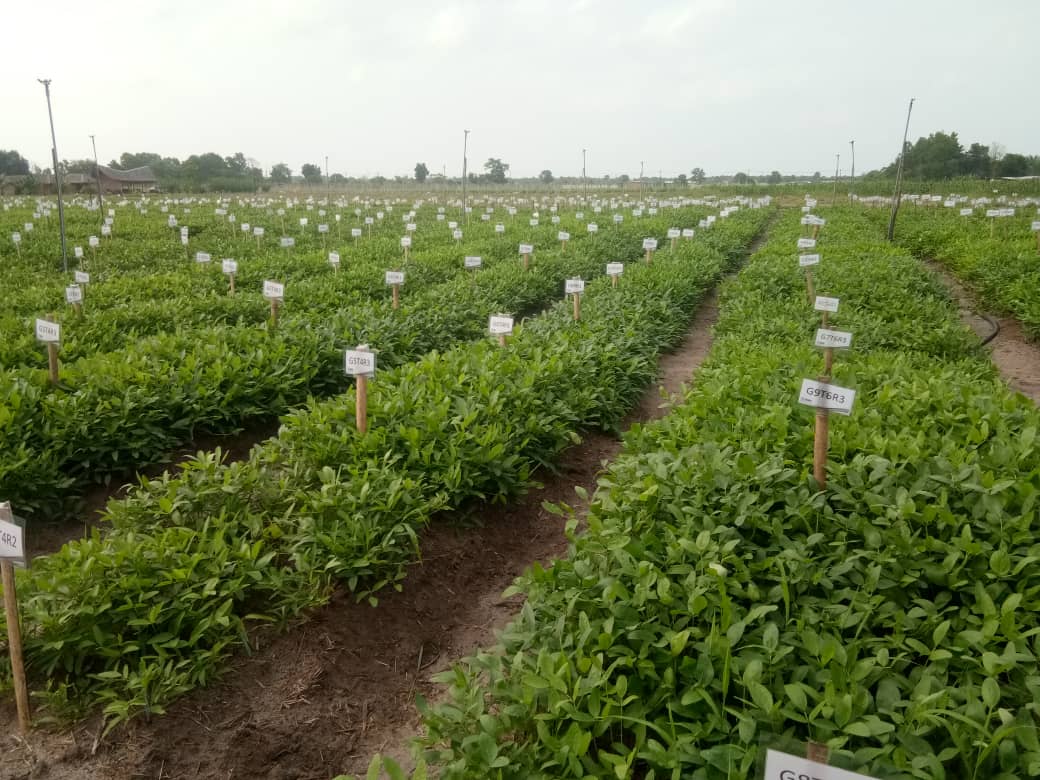
October 13, 2021, by Lexi Earl
RADIANT: Realising dynamic value chains for underutilised crops
Biodiversity is hugely important for the functioning of natural systems, and restoring biodiverse ecosystems is an essential part of our fight against climate change. Biodiversity is key to food, nutrition and economic security, particularly for small farmers and farming communities in rural areas. There are around 259,000 plant species on our planet, of which 50,000 are edible. However, wheat, maize and rice currently provide 60% of the calories and nutrition to our diets – a very monotonous affair. There are many underutilised crops! Production of these crops tends to be largely monocultural, with little agro-biodiversity and an over-reliance on industrialised agricultural methods using agrochemicals and hybrid species. Improved seeds are owned by corporations and are reliant on established value chains which prefer a few high-yielding varieties of crop to produce highly processed foods for consumers.

Winged beans growing
Within the EU, two thirds of the 10.5 million farms are less than five hectares in size, and most are classified as family farms. There is therefore an opportunity to create alternative production systems with greater biodiversity and an increased demand for local, organic, GM-free, and other certified products. The EU’s Farm to Fork Strategy aims to make the EU food system more resilient to future pandemics and crises, while improving biodiversity and population health.

Foxtail millet
A new project, RADIANT, funded by Horizon 2020 will investigate how we can realise dynamic value chains for underutilised crops. Underutilised crops are those crops which hold great promise and value to diversify agricultural systems but which are currently neglected species, landraces, old varieties or cultivars. RADIANT will work on 15 well-developed and adapted underutilised crops for wider inclusion in biodiverse value chains. Such an approach needs engagement across a wide range of actors and society members. As such, RADIANT will be working directly with 20 pilot farms who will serve as knowledge and inspiration hubs for co-creation of new crop management alternatives. An additional 2000 further pilot studies are being communicated with, connecting up related projects and the established agricultural European Innovation Partnership (EIP-Agri). Partners in RADIANT have links to over 500,000 farmers via farmers associations throughout all member states.

Bambara groundnut pods.
Lead researcher Dr Sean Mayes has said:
The current world food system is founded on the large-scale monoculture of a few crops and is complicit in the rapid growth of obesity and non-communicable diseases due to nutritionally poor and highly processed diets. The focus needs to change to nutrient-dense climate resilient crops, grown in biodiverse agricultural systems. This requires new crops, new products from those crops and a new consumer awareness of the benefits, while developing sustainable agricultural systems.
RADIANT aims to promote the wider use and adoption of underutilised crops throughout Europe. It will enable farmers to migrate towards an agrobiodiversity paradigm by showing farmers that it is possible and beneficial (economically, environmentally, nutritionally, and socially) to do so. As we prepare to meet for COP26, this project could not be more timely!
No comments yet, fill out a comment to be the first

Leave a Reply